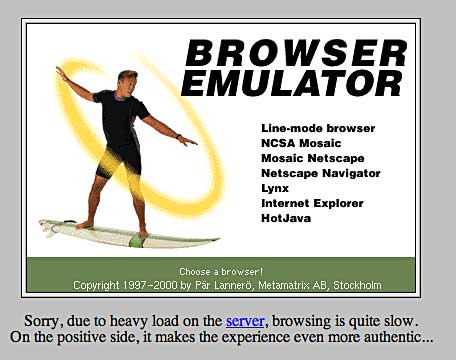This morning’s Observer column…
First of all, an apology. In previous editions, this column may have suggested that VoIP (internet telephony) stood for ‘Voice over Internet Protocol’. Now it turns out that it is, in fact, an acronym for ‘Very over-Inflated Price’. The proprietors deeply regret this error and hope that it has not caused any reader to make foolish investment decisions.
This matter was drawn to our attention by an announcement made last week by eBay. The company reported that in the quarter just ended, it will take £700m in write-offs and charges related to Skype – for which two short years ago it paid £1.3bn in cash and stock, plus what was enigmatically described as ‘a potential performance-based consideration’ estimated by industry sources at £750m. That’s £2.75bn in total…
I also wrote a short piece on the Wikipedia-obituary kerfuffle.


